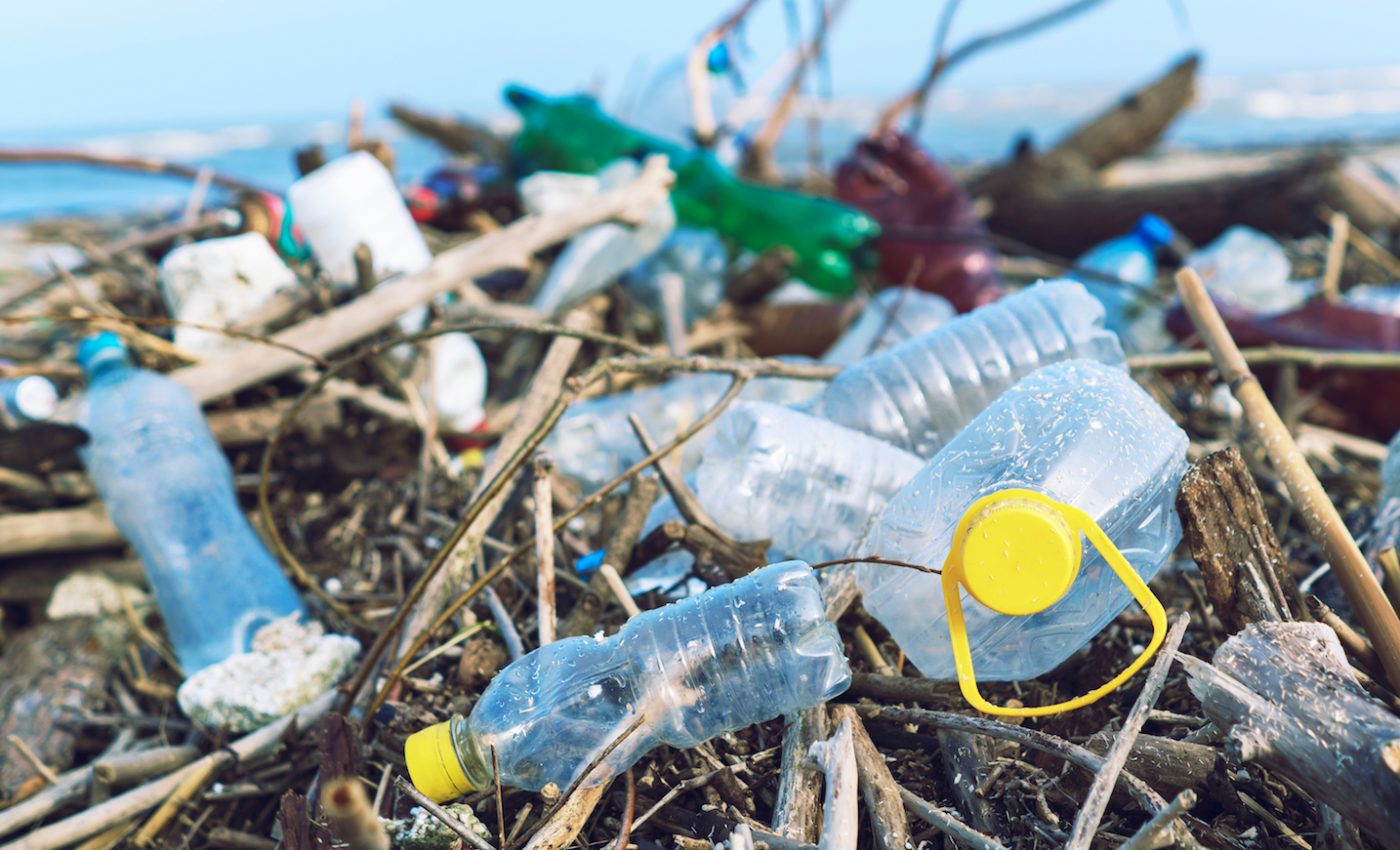
Could plastic waste one day fuel your car?
Step aside electric cars, hybrids, Teslas and gas-saving self-driving vehicles, the future of green automotives may soon lie in plastic.
Researchers from Swansea University have successfully converted plastic waste into hydrogen, paving the way for hydrogen fuel cell vehicles powered by plastic.
As the world struggles to cope with a major plastic pollution crisis, millions of tons of plastic are entering the ocean each year and little sign of improvement.
Many researchers, conservation groups, and concerned citizens are scrambling to find ways to clean up and recycle the plastic waste created each day, and this new research may provide a new innovative solution.
Plastic waste, even the plastic that can’t be recycled because it’s contaminated by food waste, can theoretically be used to make hydrogen using the new system created by the Swansea researchers.
Hydrogen fuel cell vehicles, less common than electric cars and hybrids, use hydrogen and oxygen to create electricity that powers the car.
It’s an incredibly clean and quiet way to power a car, and using plastic for fuel could be even a better alternative than trying to recycle the world’s plastic.
“There’s a lot of plastic used every year – billions of tonnes – and only a fraction of it is being recycled. We are trying to find a use for what is not being recycled,” said Moritz Kuehnel of Swansea University’s chemistry department. “The beauty of this process is that it’s not very picky. It can degrade all sorts of waste.”
The plastic is converted to hydrogen using an alkaline solution that is exposed to sunlight.
The researchers say that plastic powered cars are quite a ways off, but many automotive manufacturers are already investing hydrogen fuel cell vehicle technology.
—
By Kay Vandette, Earth.com Staff Writer













